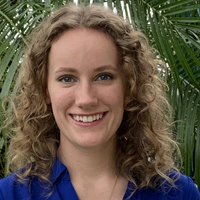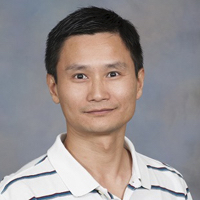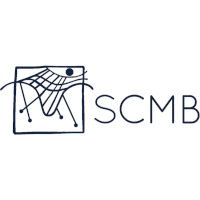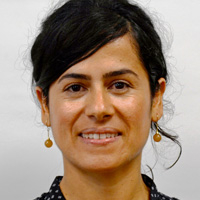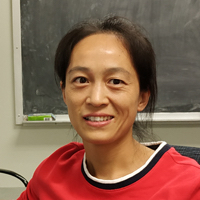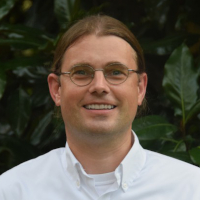Hannah Anderson (UF Mathematics)
Zoom To obtain the Zoom link, please contact Youngmin Park at park.y@ufl.edu.The effect of myeloid-derived suppressor cells on glioblastoma-immune dynamics Despite improvements in cancer therapies, the current standard of care for glioblastoma (GBM) only confers a 5.1% five-year survival rate. A major reason for this poor prognosis is the brain cancer’s highly complex and immunosuppressive tumor microenvironment, thus pointing researchers to novel immunotherapies. This talk seeks …
